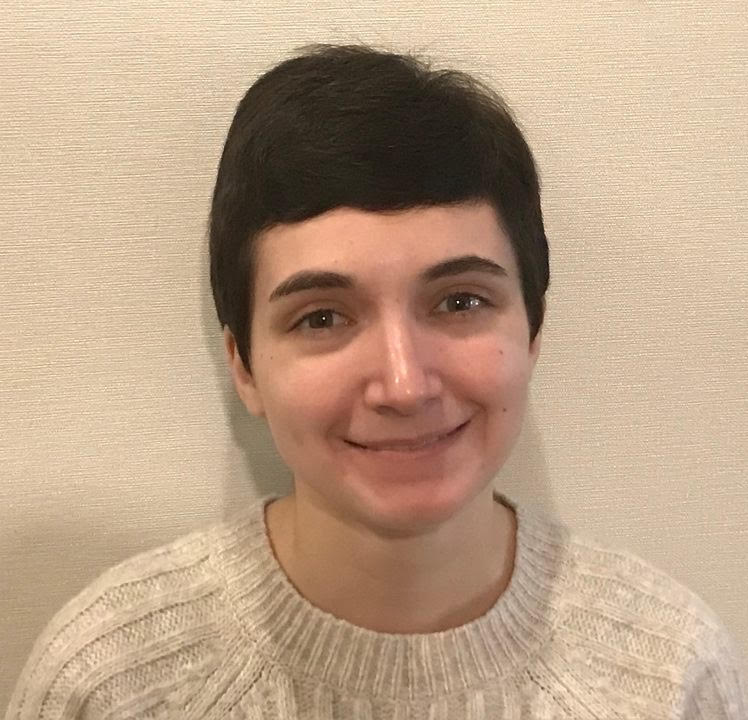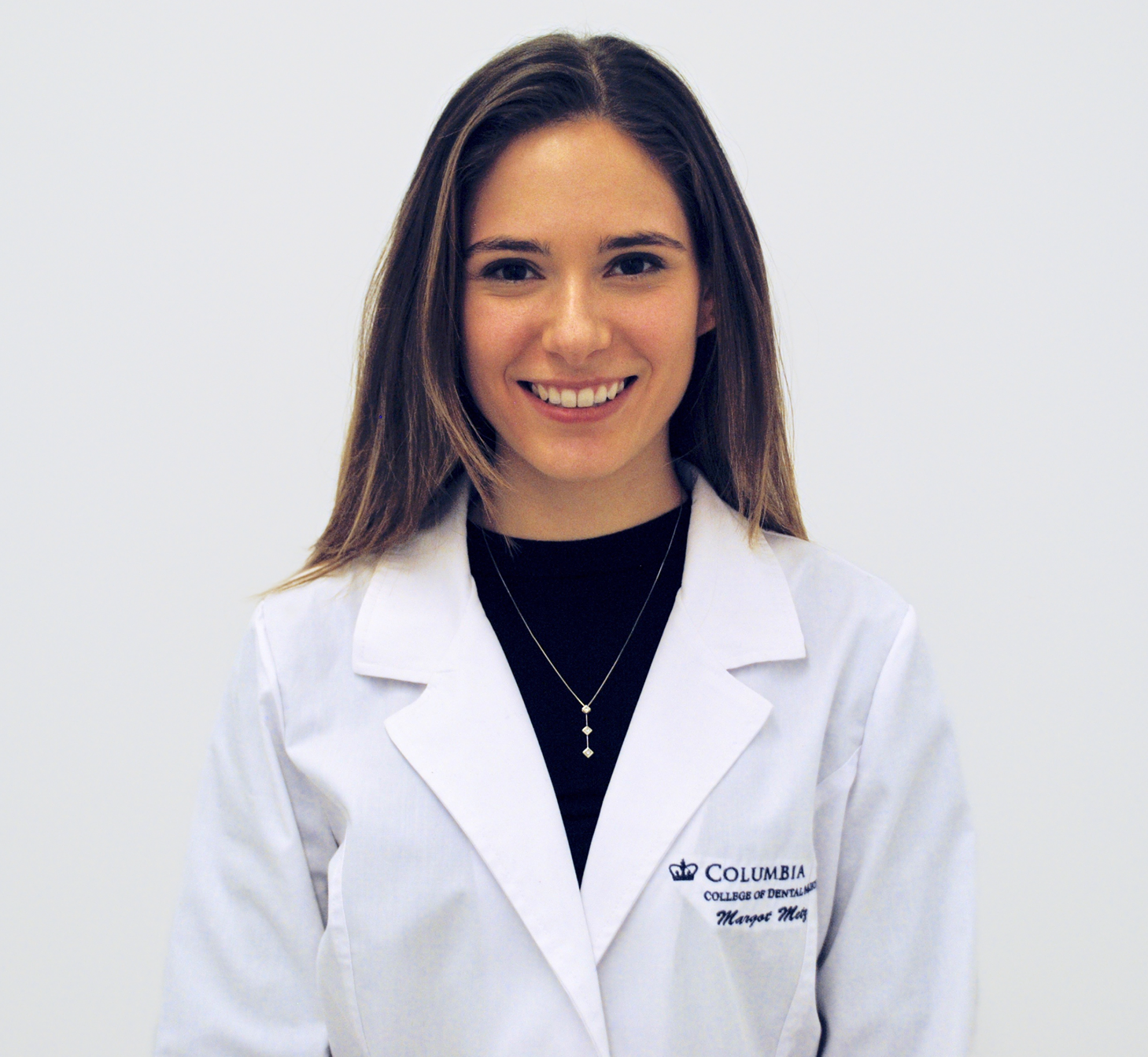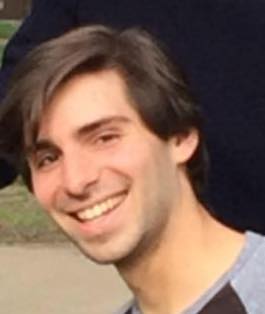Classics Majors have...
Careers After Classics
Our majors from the last ten years have gone on to success in a range of careers, most especially law, medicine and education. Several have also pursued graduate work in Classical Studies and other academic disciplines. Students in Classical Studies build strong analytical, critical and language skills that they can apply to anything.
What Our Alumni Say:
-

Catherine Kiall '19
UMass Amherst, MAT in Latin and Classical Humanities
Read More"It was because of how much I loved my experience in the department that I was eager to continue in the field and learn more about how to make the study of Latin accessible and enjoyable."
I’m currently in my first year of UMass Amherst’s Latin and Classical Humanities MAT program to be licensed as a 5-12th grade teacher. I have been taking graduate Classics courses, observing in schools in the area, and teaching introductory sections of Latin at the university. If all goes well, I will be student teaching in a local high school this fall. The Wesleyan Classical Studies department developed my interest in Latin and encouraged me to think about the future of Classics and what it can offer students. It was because of how much I loved my experience in the department that I was eager to continue in the field and learn more about how to make the study of Latin accessible and enjoyable.
-

Margot Metz '18
Dental Student at Columbia University College of Dental Medicine
"While applying and interviewing for dental school, my background in Classics was always the star of every conversation, whether it was about how I became interested in a subject so unique, my research studying ancient Roman gems, or the interviewer’s shared passion for mythology (and simultaneous envy that I was able to study this subject, while they were limited to the sciences)."Read MoreI am about to finish my first of four years at Columbia University College of Dental Medicine. Although dental school has been a huge transition in terms of material (both content and magnitude), class structure, and location, I have welcomed the challenge and exceled in large part because of the Classics education I received at Wesleyan. As a Classical Civilizations major, I learned how to manage a dense course load and my time, while doing something that I truly loved and only began studying my first year of college. The small department is filled with dedicated professors and hardworking students who really nurtured my growth and promoted a collaborative environment. While applying and interviewing for dental school, my background in Classics was always the star of every conversation, whether it was about how I became interested in a subject so unique, my research studying ancient Roman gems, or the interviewer’s shared passion for mythology (and simultaneous envy that I was able to study this subject, while they were limited to the sciences). Not to mention that many of my current classes on organ systems constantly reference Latin and Greek roots of words as well as the history of medicine – just today, my professor mentioned Hippocrates’ theory on humors! I am always proud and grateful for this education, and only wish that my dental school peers had such a formative experience.
-

Emerson Obus '16
Associate Researcher at Mount Sinai Health System, Cardiovascular Research Center
"I'm amazed that just three months out of college I've had so much cause to look back on my Classics education for assistance. I very much look forward to finding out how Classics will further help me out on the road to being a doctor."Read MoreThe MCAT, in both the critical analysis and science section, is really testing your ability to come to a conclusion after a few steps of processing and interpretation. [While] studying - and even during the actual taking of the test - I was reminded of the strategies and modes of thinking that I had employed while studying Classics. While studying Ancient Greek, often the biggest challenge to translation was just keeping straight what subject was acting upon what object, and defining the backbone of a complex phrase. In parsing the convoluted passages presented in the MCAT, and in the scientific writings I came across in my undergraduate studies, this proved to be an invaluable skill, which is not really fostered in other disciplines. I'm amazed that just three months out of college I've had so much cause to look back on my Classics education for assistance. I very much look forward to finding out how Classics will further help me out on the road to being a doctor. -
Olivia Alperstein '14
Communications and Policy Associate for Progressive Congress
"I would encourage anyone else who might be thinking of applying to a position like this to just go for it. The people who interviewed me saw my Classics degree as an asset."Read MoreI was recently hired as a Communications and Policy Associate for Progressive Congress, the 501(c)3 foundation of the Congressional Progressive Caucus. I work closely with both Progressive Congress and the members of the CPC. I'm only two weeks into this position, after working at the Institute for Policy Studies here in DC. I have absolutely no prior experience on Capitol Hill. I would encourage anyone else who might be thinking of applying to a position like this to just go for it. The people who interviewed me saw my Classics degree as an asset. The skill set and knowledge that we possess are wide-reaching, and the crucial ability to write and think critically is automatically associated with our major. They were also pleased to see my alma mater.
-
Joshua Borenstein '97
Managing Director, Long Wharf Theatre (New Haven, Connecticut)
"I am in my fourth season as managing director of the Long Wharf Theatre in New Haven, Connecticut. I have an upcoming trip with my family to Rome, which is exciting since I have not been back there since attending the Centro 20 years ago. I am hoping that Giolitti's by the Pantheon is still open."Read MoreI am in my fourth season as managing director of the Long Wharf Theatre in New Haven, Connecticut. I have an upcoming trip with my family to Rome, which is exciting since I have not been back there since attending the Centro 20 years ago. I am hoping that Giolitti's by the Pantheon is still open.
The Hartford Courant reports that Joshua Borenstein ’97 has been the named the Long Wharf Theatre’s managing director after a national search. He will oversee a $5 million budget and a staff of 64 full-time employees.
Borenstein held the job of interim managing director for the past six months and previously worked at the theater from 2003 to 2007 in several positions, most recently as associate managing director. For the last two years, he was project manager with the arts research firm, AMS in Fairfield.
Before joining Long Wharf, he worked at Boston’s Huntington Theatre Company through Theatre Communications Group’s’ New Generations: Mentoring the Leaders of Tomorrow program.
Borenstein has a master’s of fine arts in theater management from the Yale School of Drama and a bachelor of arts with honors in classical civilization from Wesleyan. He is married to Katherine Hsu Hagmann ’98, an attorney with Bershstein Volfe and McKeon.
-
Mary Ann Masarech '82
Lead Consultant, Employee Engagement Practice at BlessingWhite, A Division of GP Strategies
"My major impressed others. It stood out. I was always asked questions about it in interviews. It was seen as rigorous, and that translated into potential employers believing that I would be rigorous and throughtful in the work they needed me to do."Read MoreWhen I am asked "What do you do with a Classics degree?" this is my response:
- In the spirit of liberal education, I was not on a professional career track in college. I was there to learn how to think and learn how to learn.
- I chose my major because there were 300 English majors. I wanted an intimate learning community (which occasionally backfired when I did not do my translation homework since you can't hide in class.)
- My major is just one piece of who I am.
- My major helped me in my first job out of college: Ediitorial assistant for a reference book company. It made me a better writer. I understood grammar. I developed an eye for details.
- My major impressed others. It stood out. I was always asked questions about it in interviews. It was seen as rigorous, and that translated into potential employers believing that I would be rigorous and throughtful in the work they needed me to do.
A few years after graduation, I got a job at a corporate training company as an associate editor. I had no clue what they did. But I've spent the rest of my career in this industry. After editorial work, I worked as a consultant who created custom learning experiences, then as a product manager responsible for larger market solutions, then marketing, where I was the "voice of the company," then research (employee engagement, career development, and leadership), and now back as the lead consultant for employee engagement. I co-wrote a book, which was published in 2012. I give speeches. I work with clients. Everything that I do I learned on the job.
Careers are rarely straight paths. There are so many jobs that exist today that didn't when I attended Wesleyan! Learning doesn't end when you graduate.
Maybe companies aren't thinking, "hey we need a classics major." They are thinking, "hey, we need really smart people who can learn what we need them to learn...and work really hard...and innovate..." Seems to me, a Wes grad with a classics degree might be a good fit.
